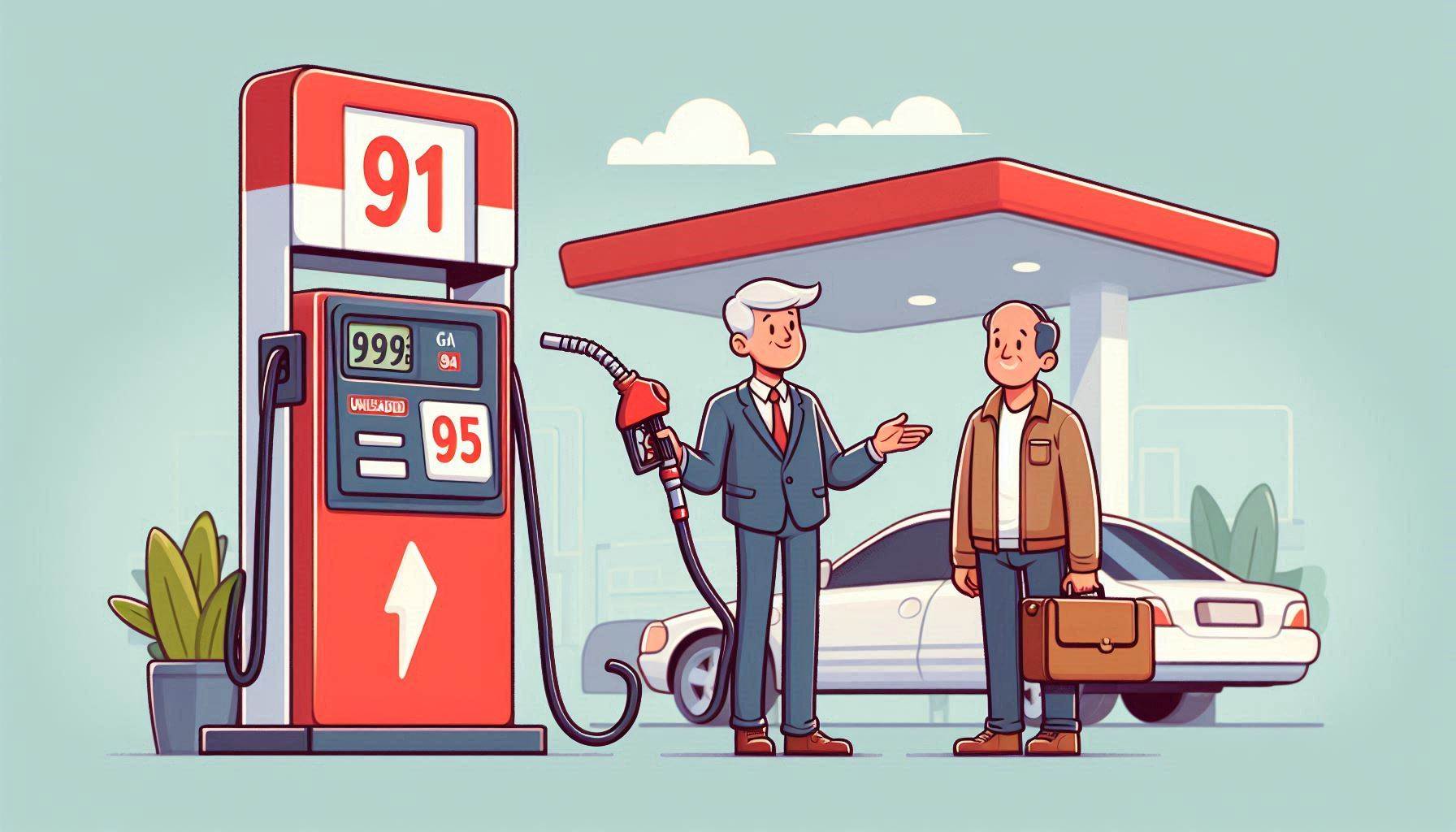When considering whether to use unleaded 91 instead of 95, it’s essential to understand the implications for your vehicle’s performance, fuel efficiency, and potential cost savings.
In this blog post, we’ll explore the pros and cons of using unleaded 91 instead of 95, helping you make an informed decision for your vehicle.
Contents
Key Takeaway
while unleaded 91 can be a cost-effective choice for many vehicles, it is crucial to consider your car’s specific fuel requirements to avoid compromising performance and efficiency. Always prioritize the manufacturer’s fuel recommendations for the best long-term results.
Differences Between Unleaded 91 and 95
The primary distinction between unleaded 91 and 95 lies in their octane ratings. Unleaded 91 has a lower octane rating, making it more susceptible to engine knocking under high pressure compared to unleaded 95, which is designed for engines that require higher octane fuel.
This means that vehicles engineered for high-performance or turbocharged engines may experience knocking or reduced performance when using unleaded 91.
Pros of Using Unleaded 91
- Cost Savings: Unleaded 91 is generally less expensive than unleaded 95, leading to significant savings over time, especially for drivers who frequently refuel.
- Suitability for Most Vehicles: Many standard vehicles, especially those with less powerful engines, can operate efficiently on unleaded 91 without any adverse effects.
Cons of Using Unleaded 91
- Reduced Fuel Efficiency: While the difference may be marginal, using unleaded 91 instead of 95 can result in slightly lower fuel efficiency, typically around 1% per octane rating.
- Not Suitable for High-Performance Engines: Vehicles designed for higher octane fuels may suffer from knocking, reduced performance, and potential long-term engine damage when using unleaded 91.
- Potential for Engine Knocking: If your vehicle is designed for unleaded 95, using unleaded 91 can lead to engine knocking, which can be uncomfortable and harmful to the engine.
Recommendations
To determine whether you should use unleaded 91 or 95, consult your vehicle’s owner’s manual.
If your car is designed for unleaded 95, it is advisable to follow the manufacturer’s recommendations to ensure optimal performance and prevent potential engine damage.
Conversely, if your vehicle operates well on unleaded 91, you can enjoy cost savings without significant performance loss.

Hi, I’m Sufiyan, the developer behind this platform. I created FuelConsumptionCalculator.com to simplify fuel tracking for everyone — because understanding your vehicle shouldn’t require a degree in mechanics. I’m always working on adding more tools and content to make this site even more useful

